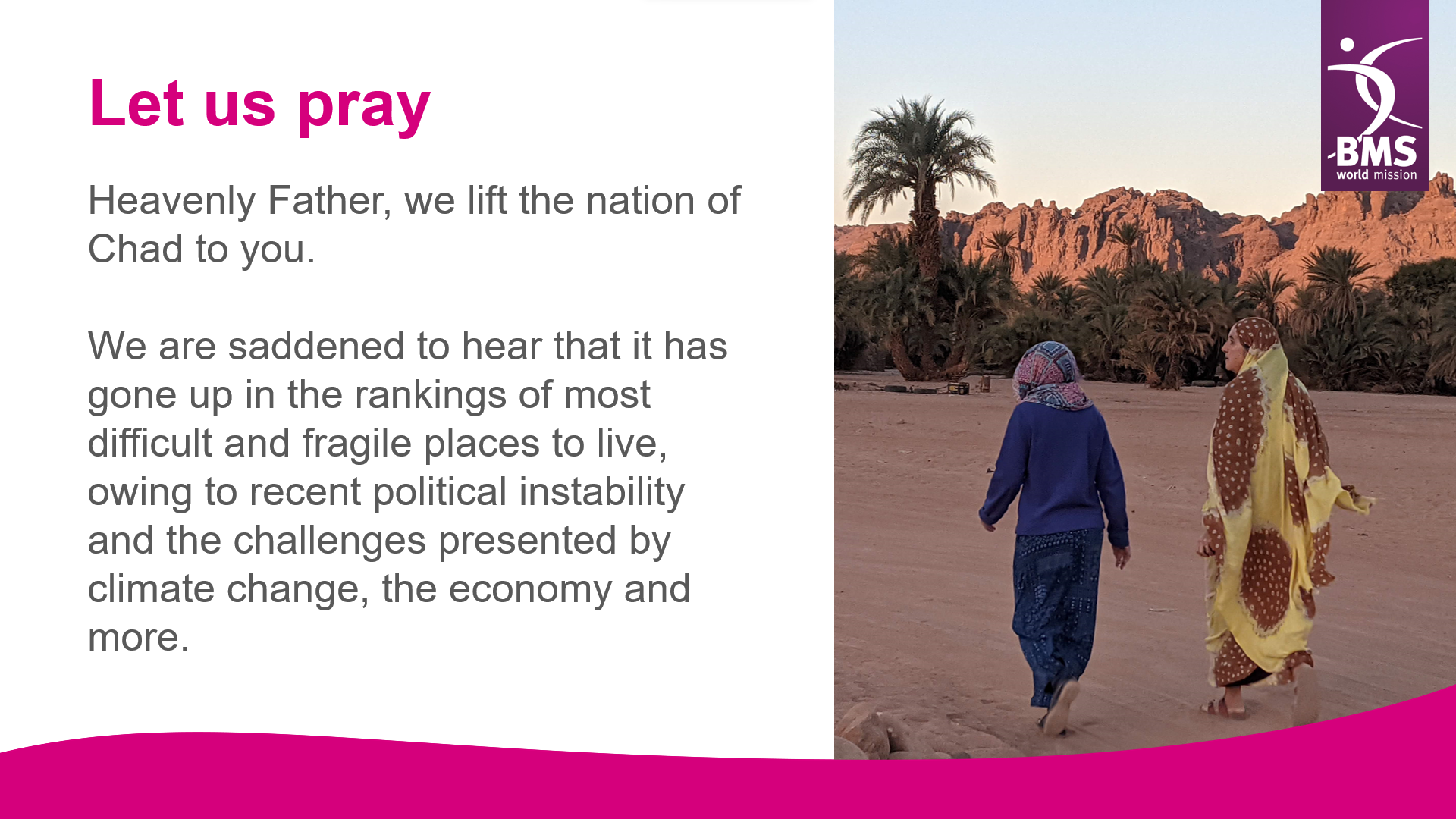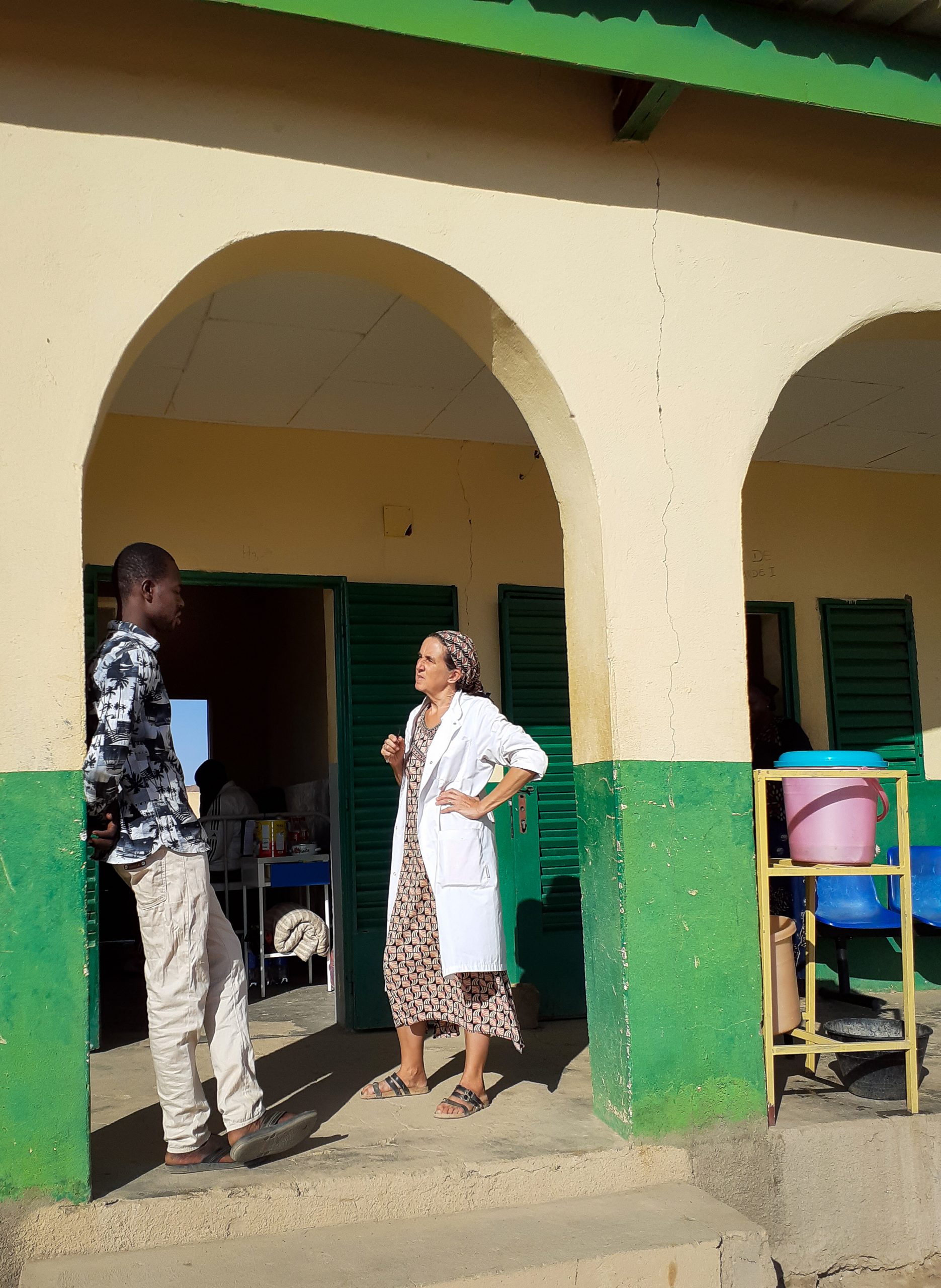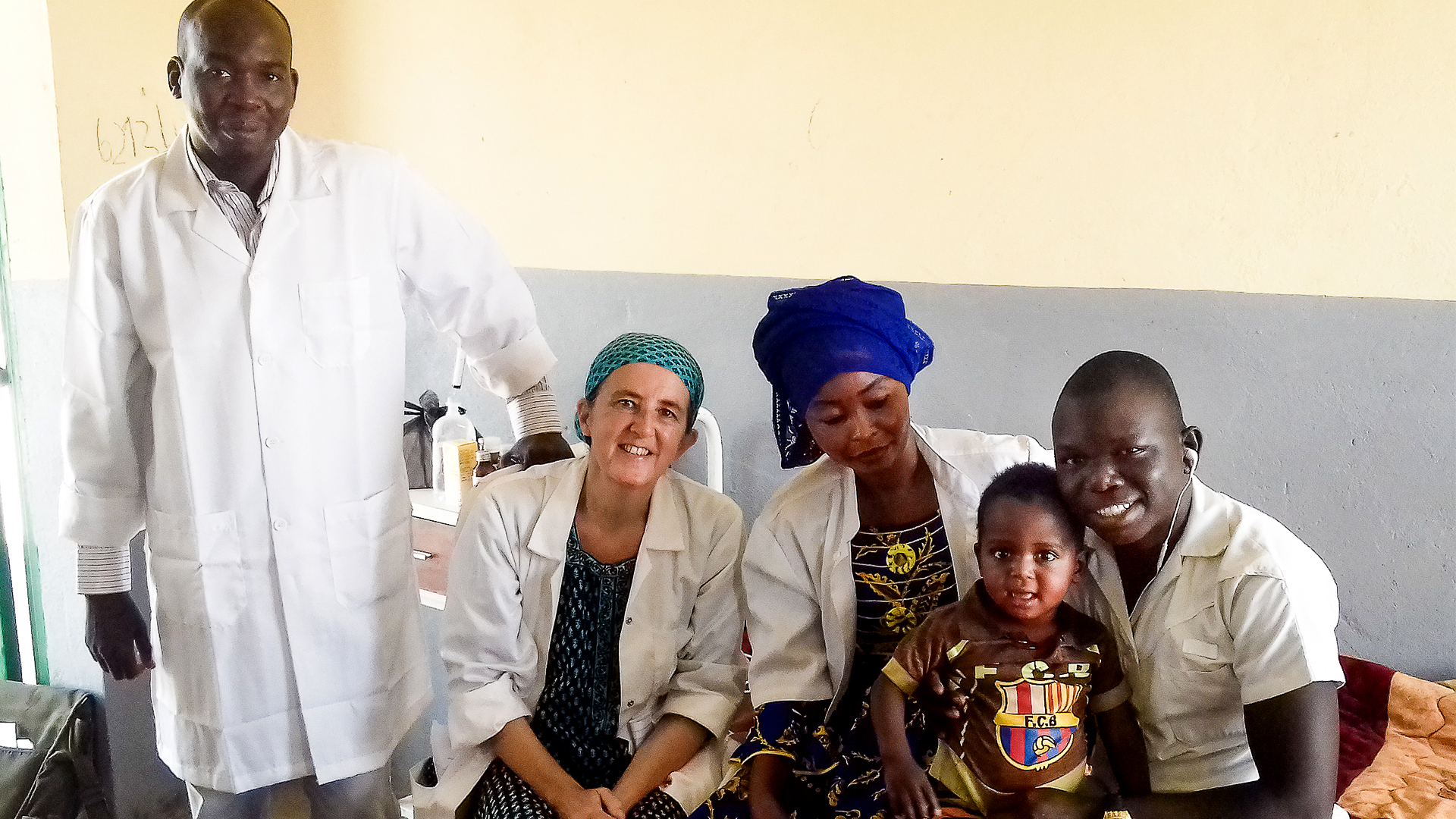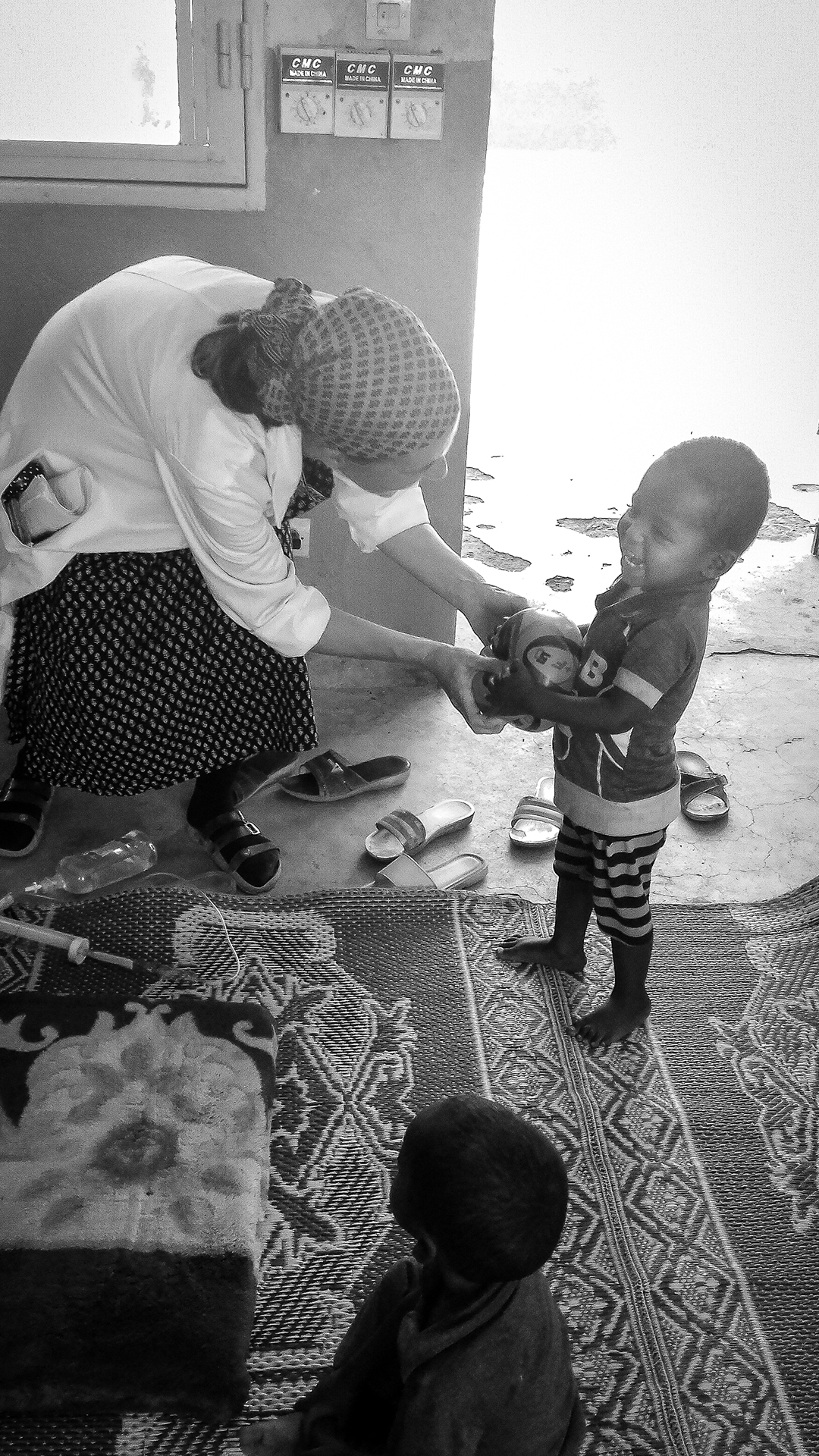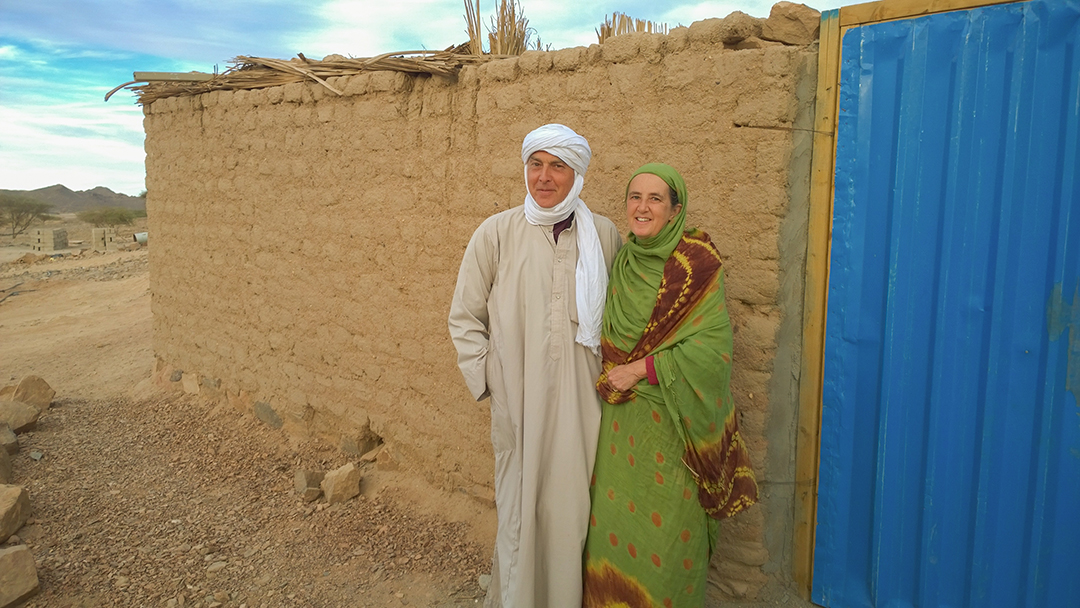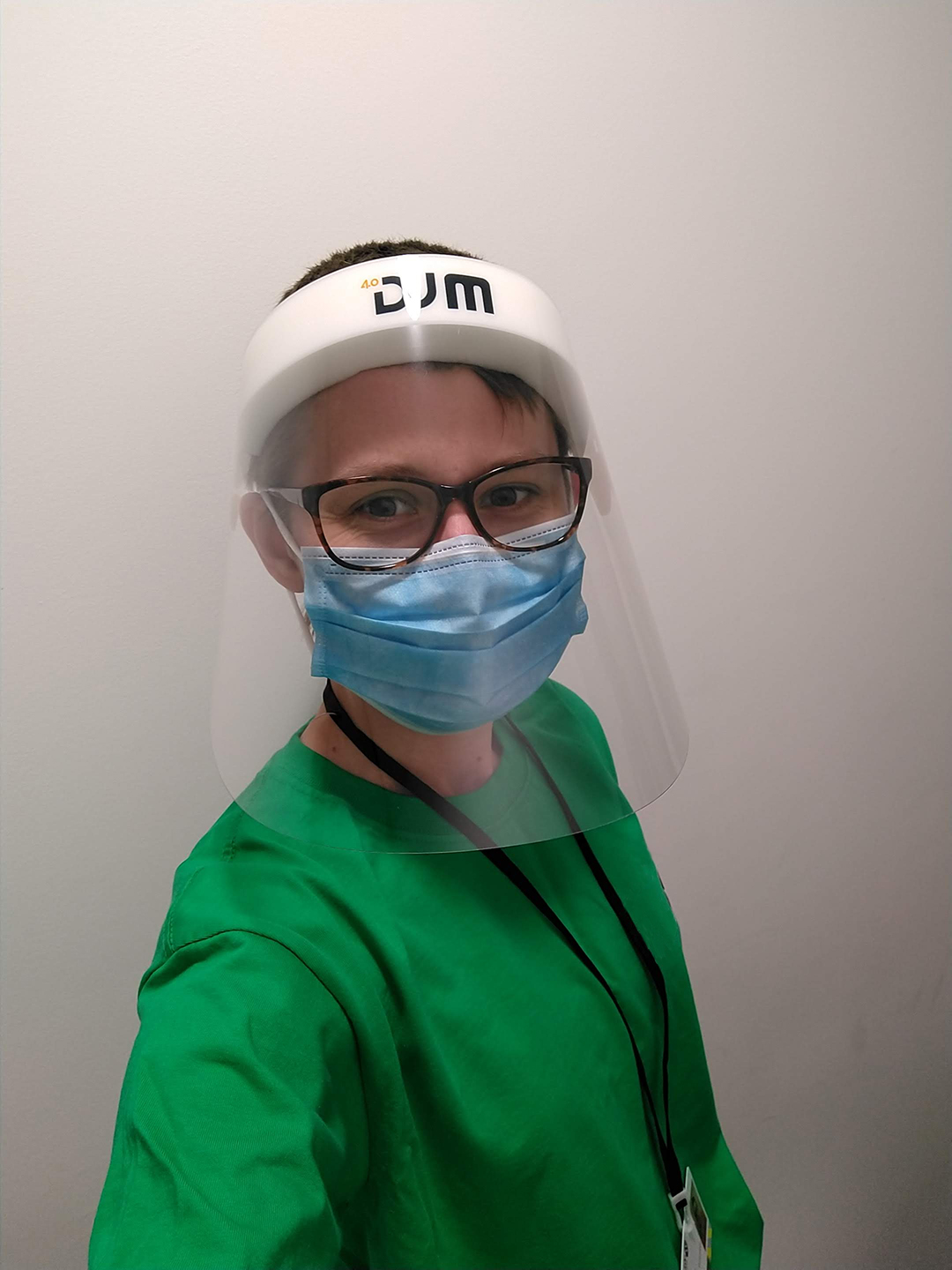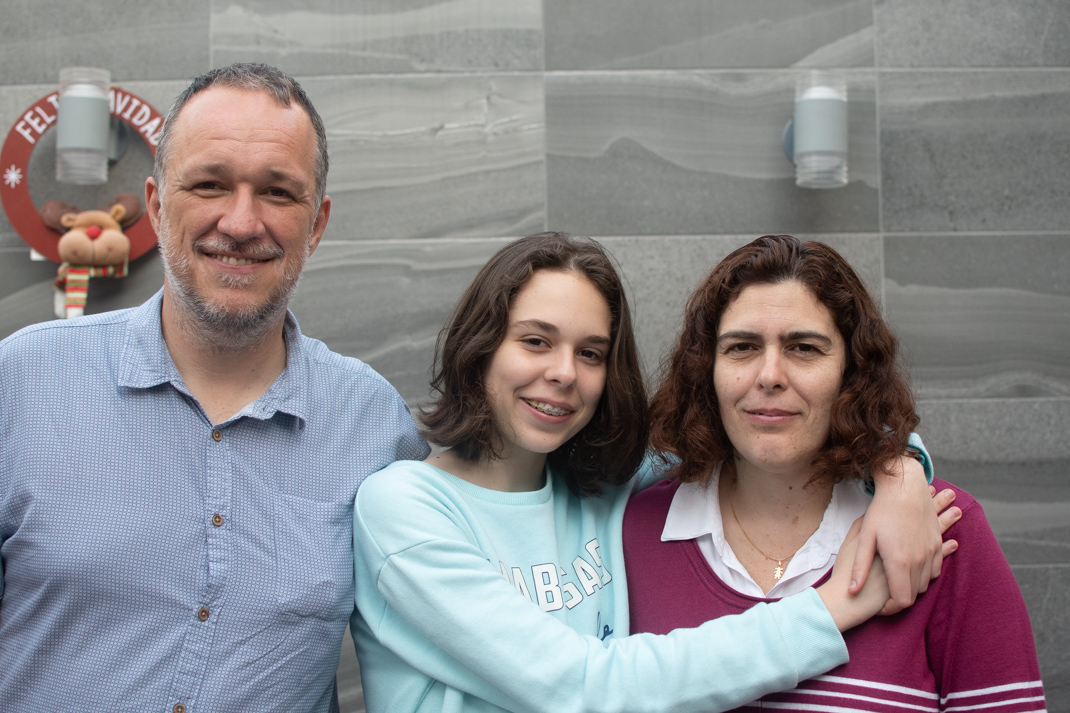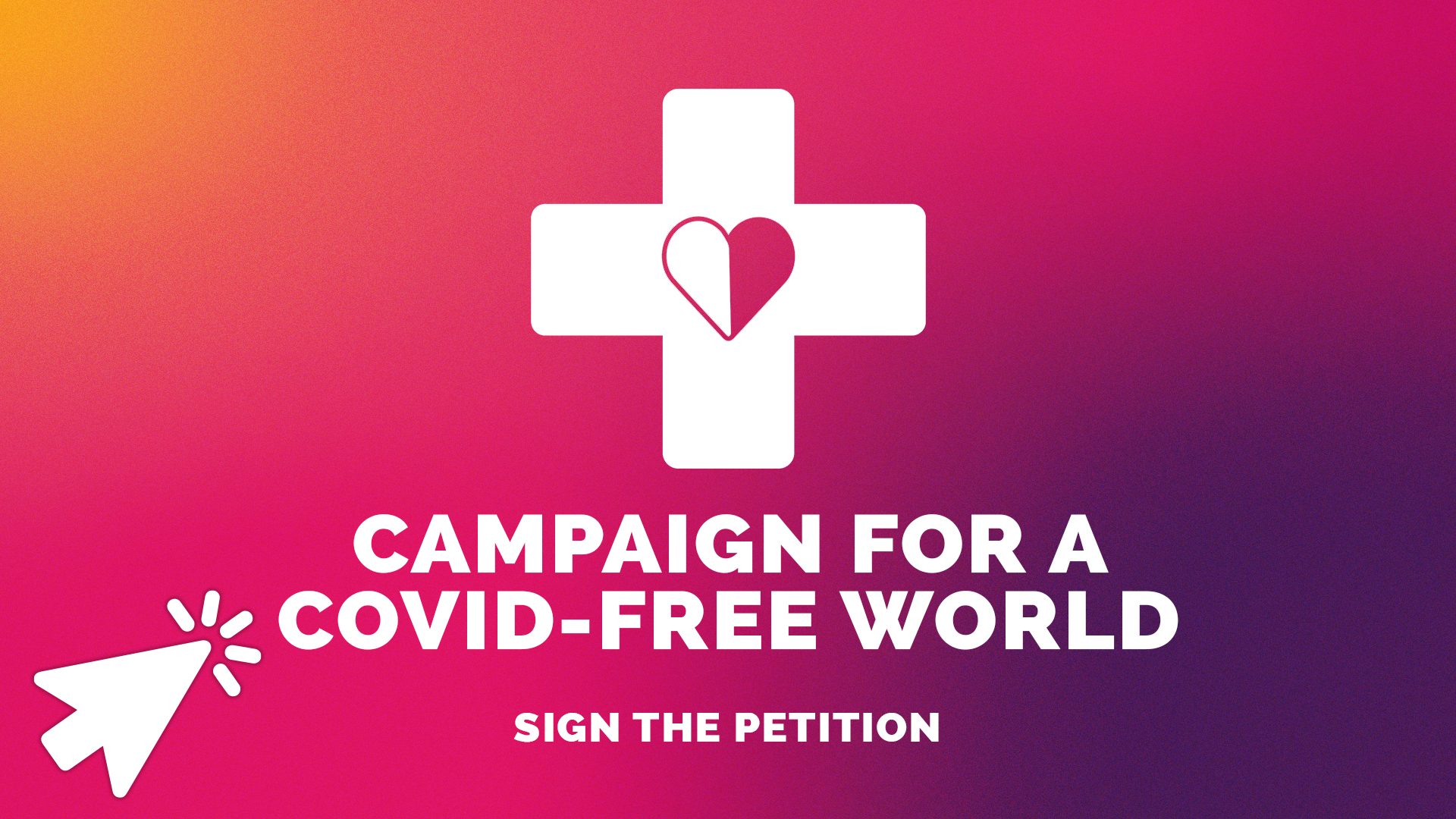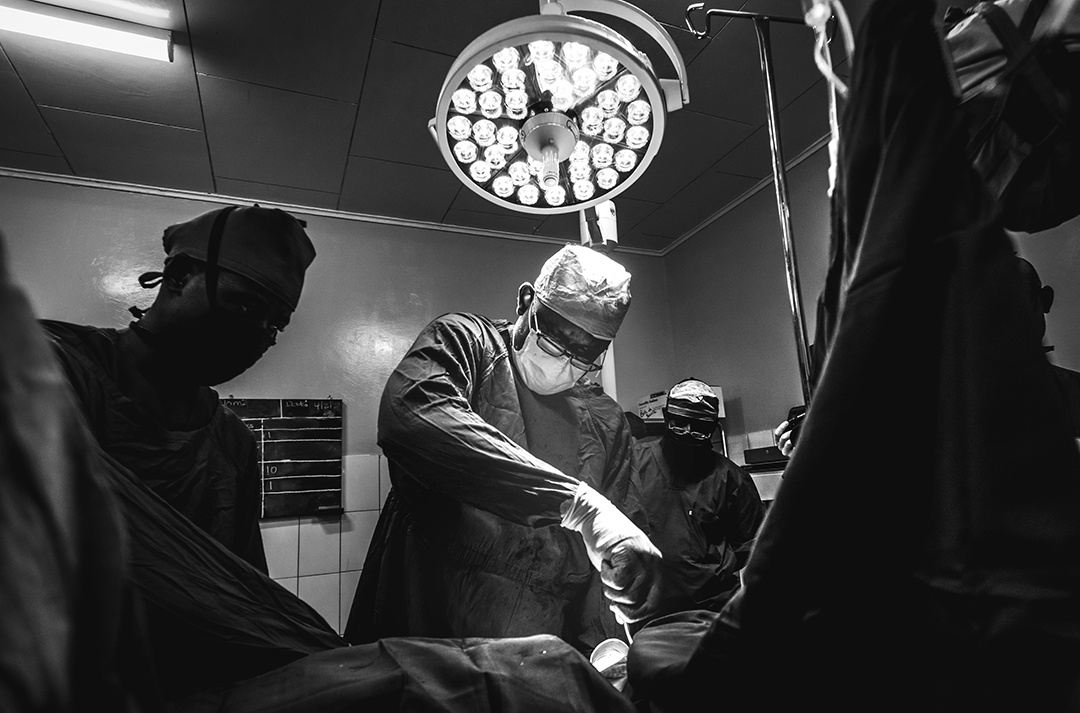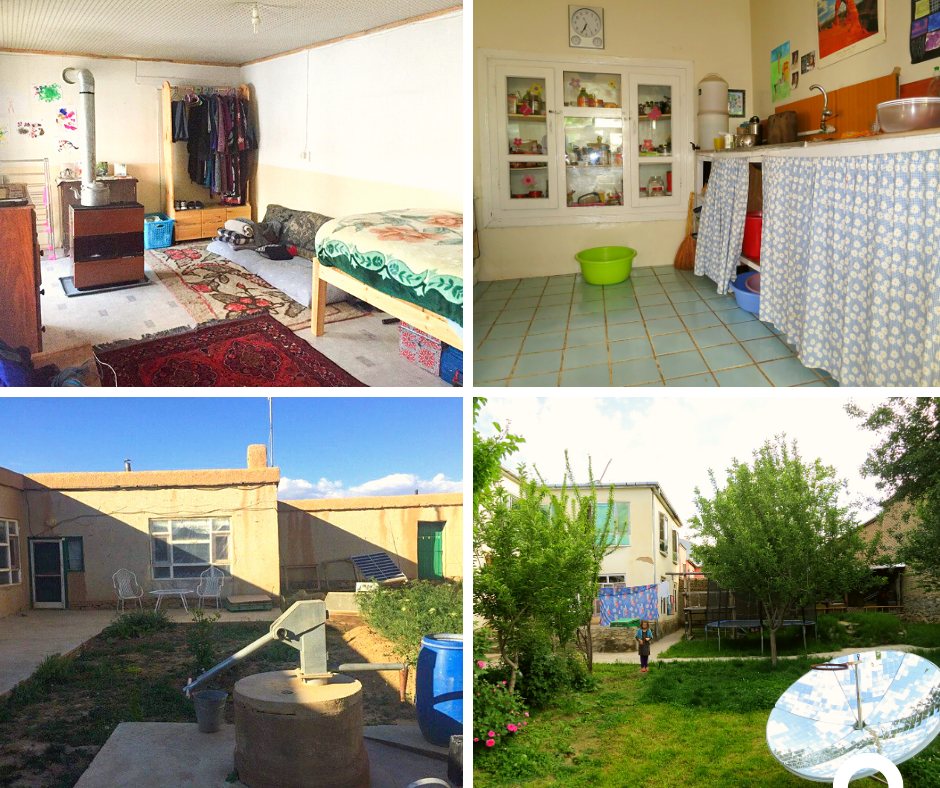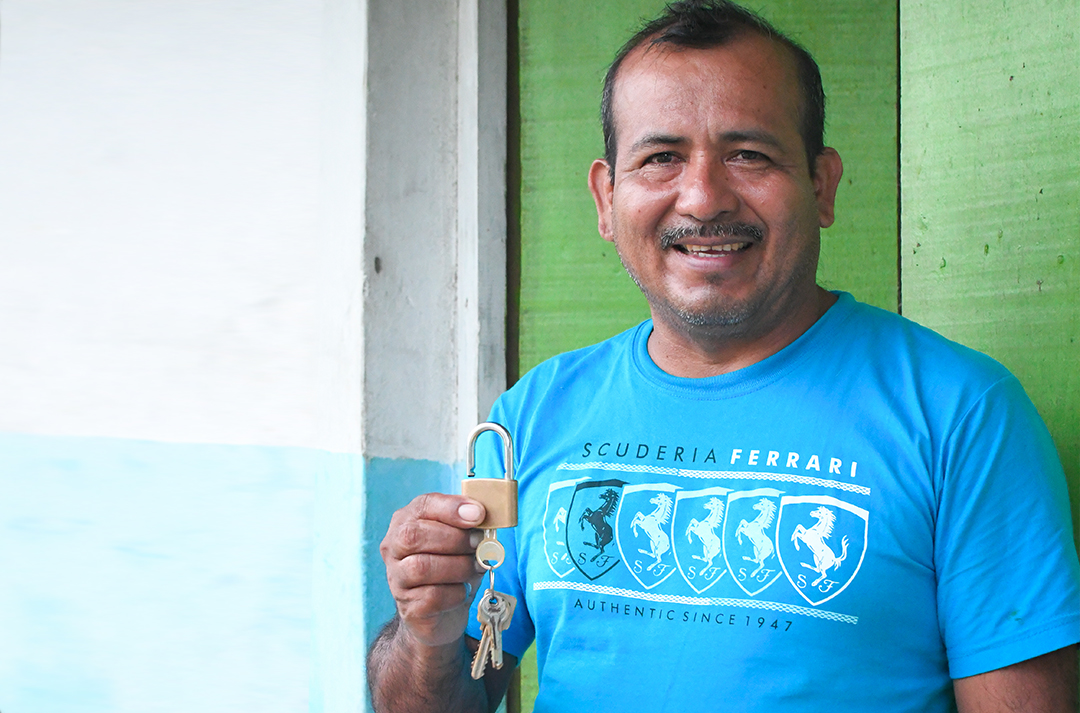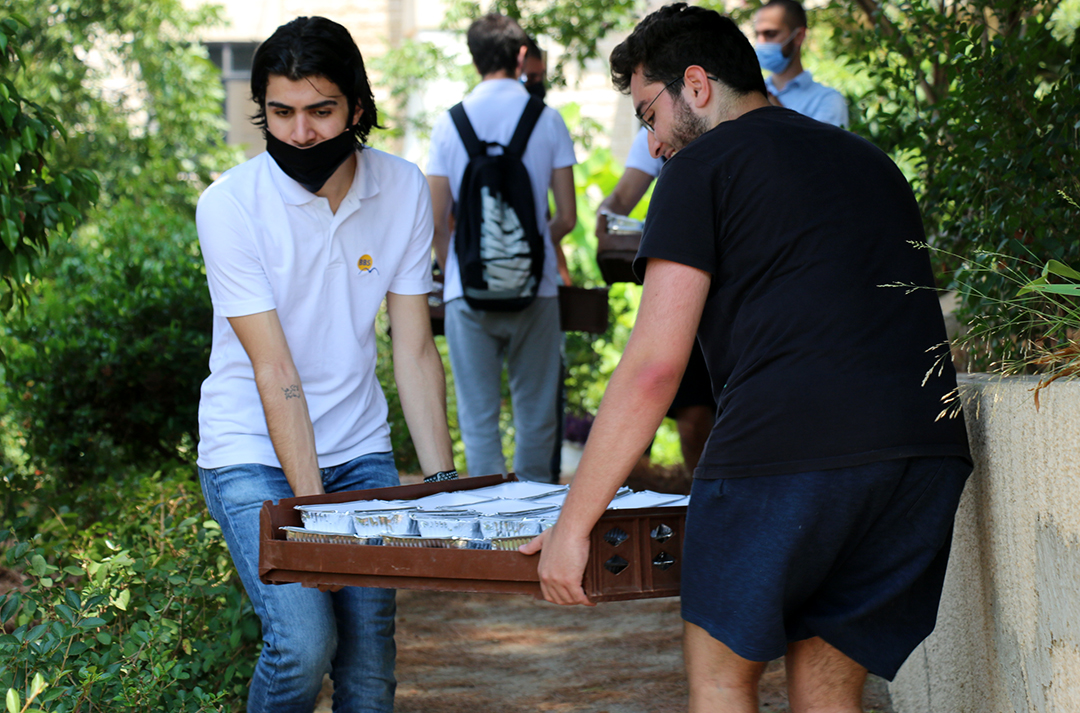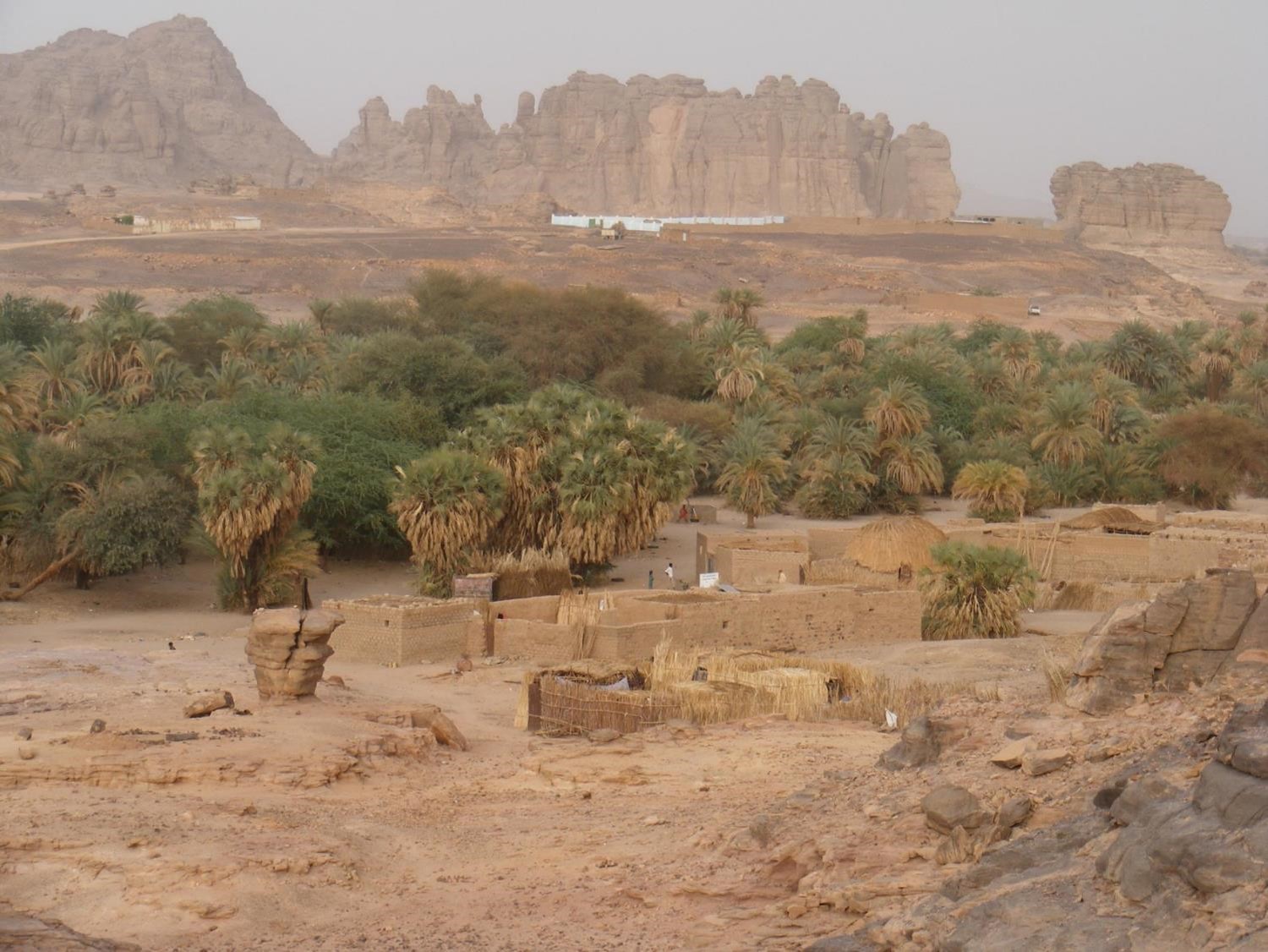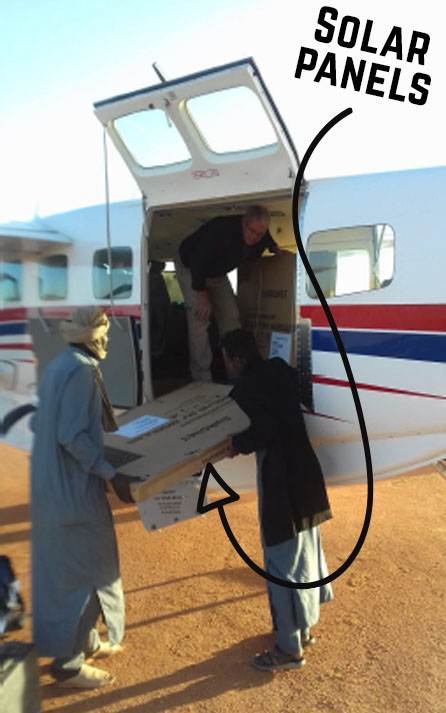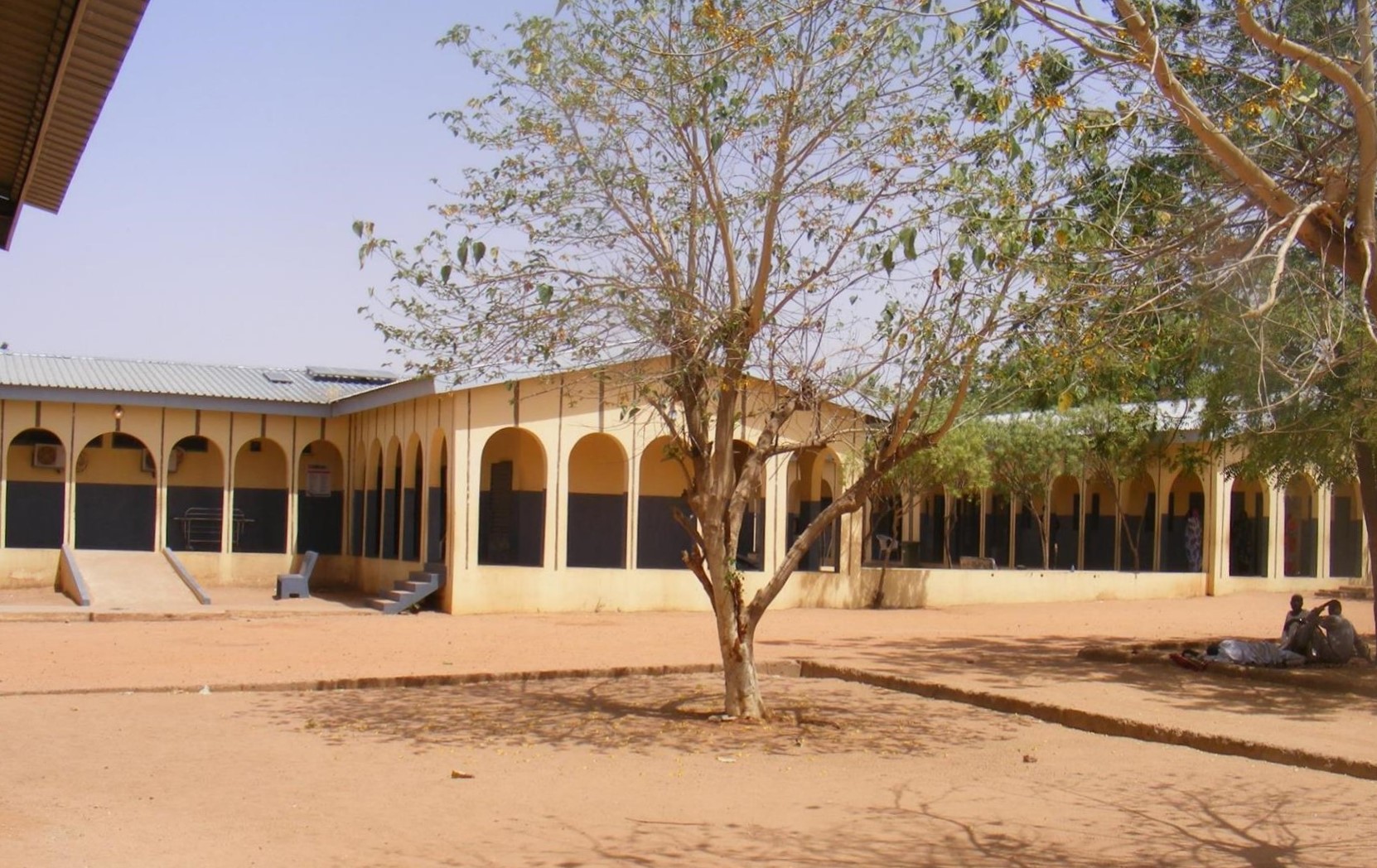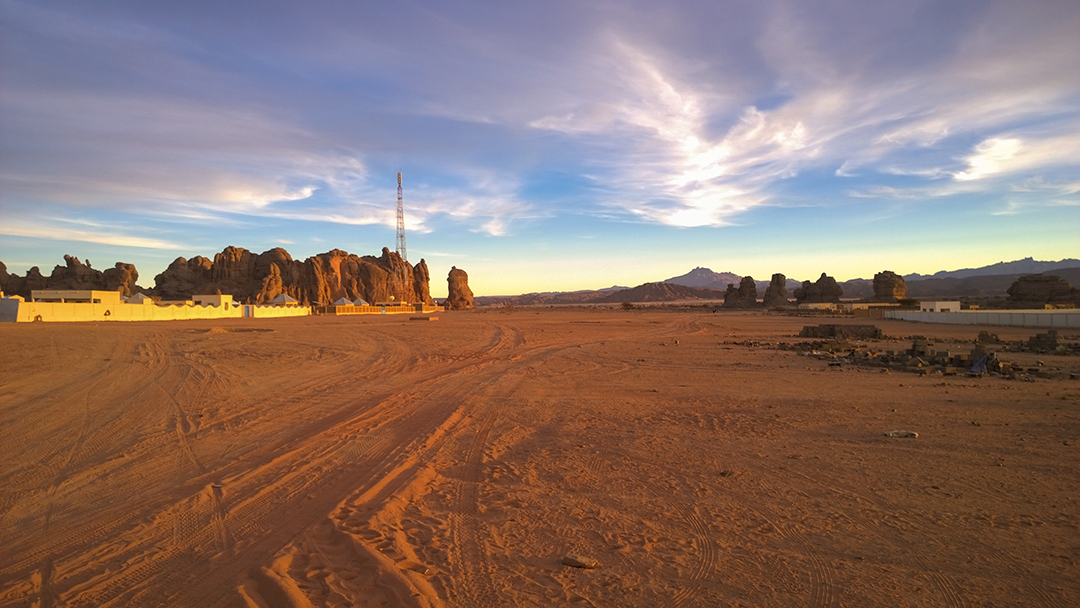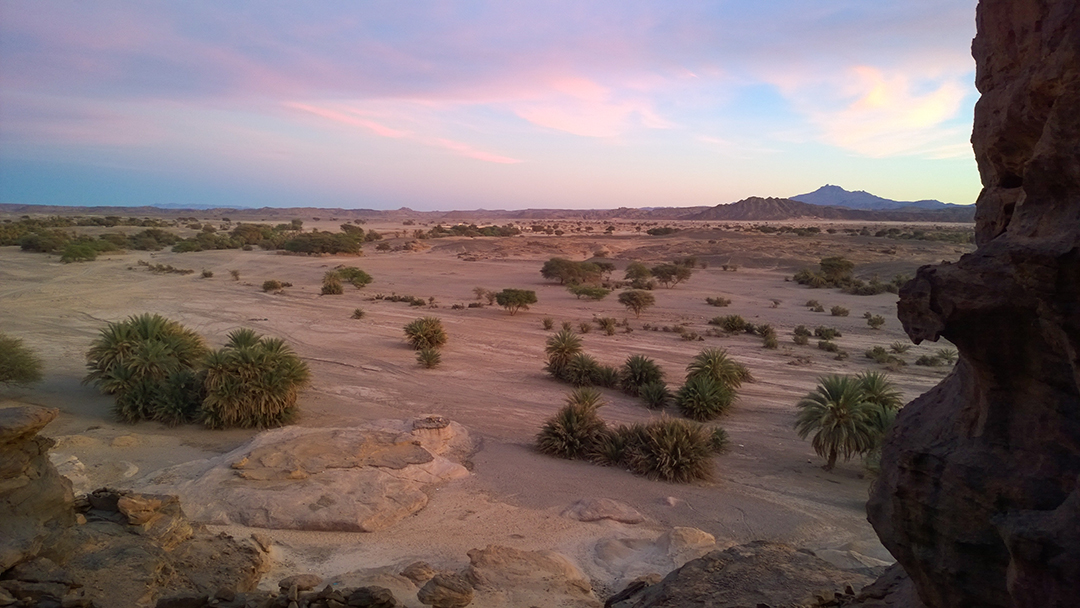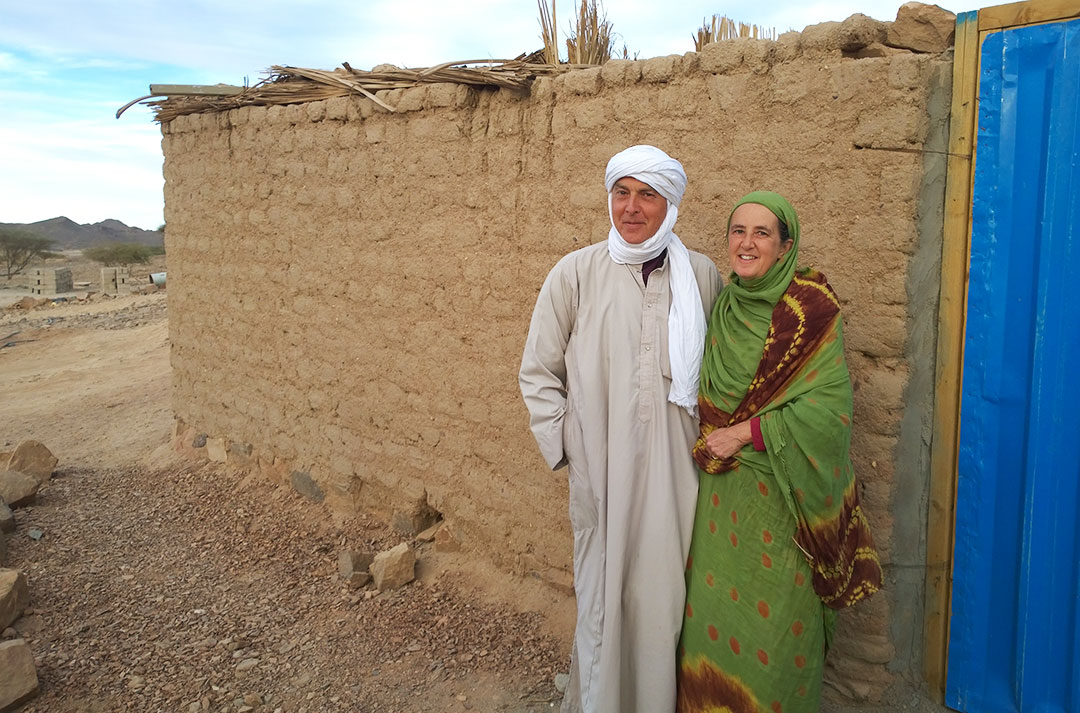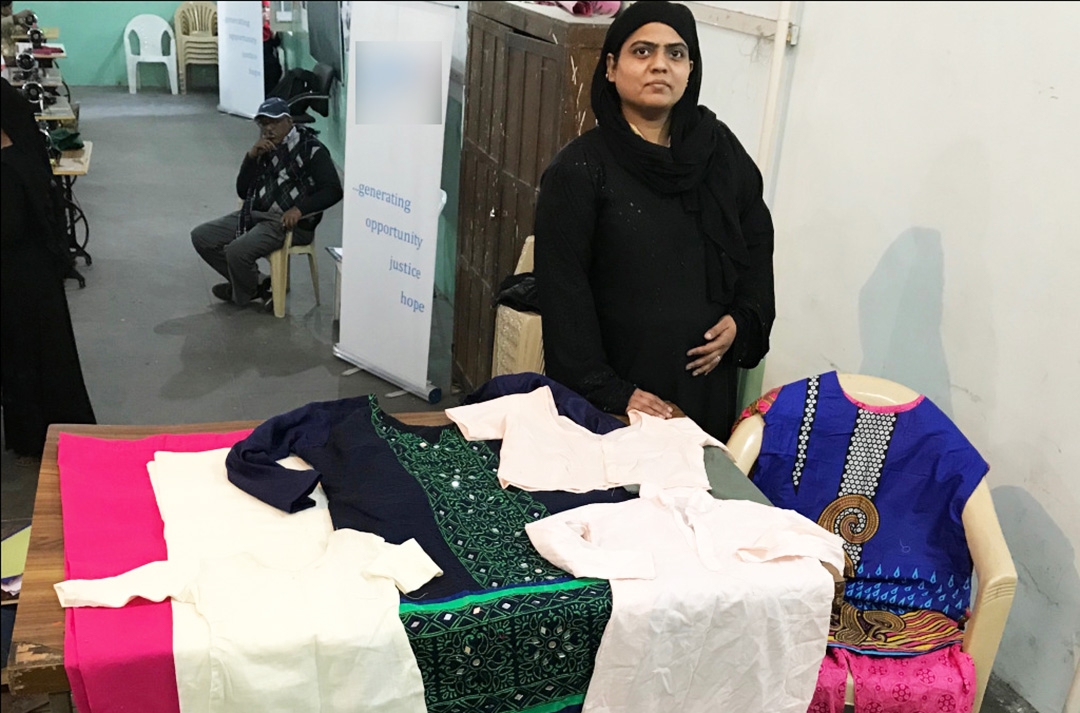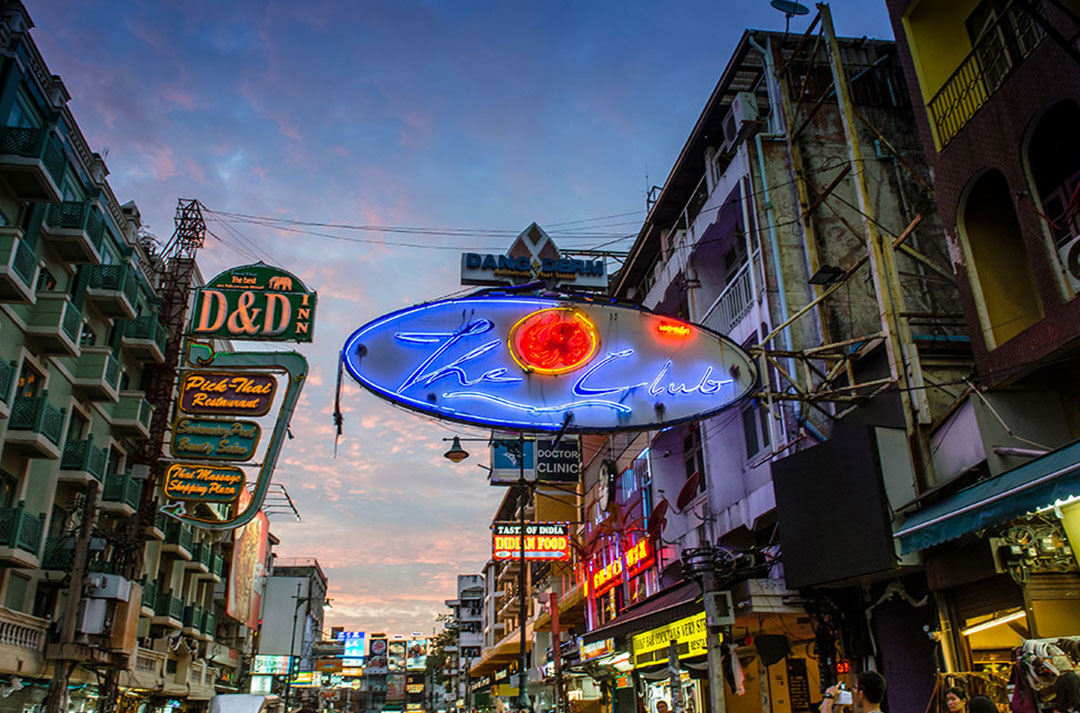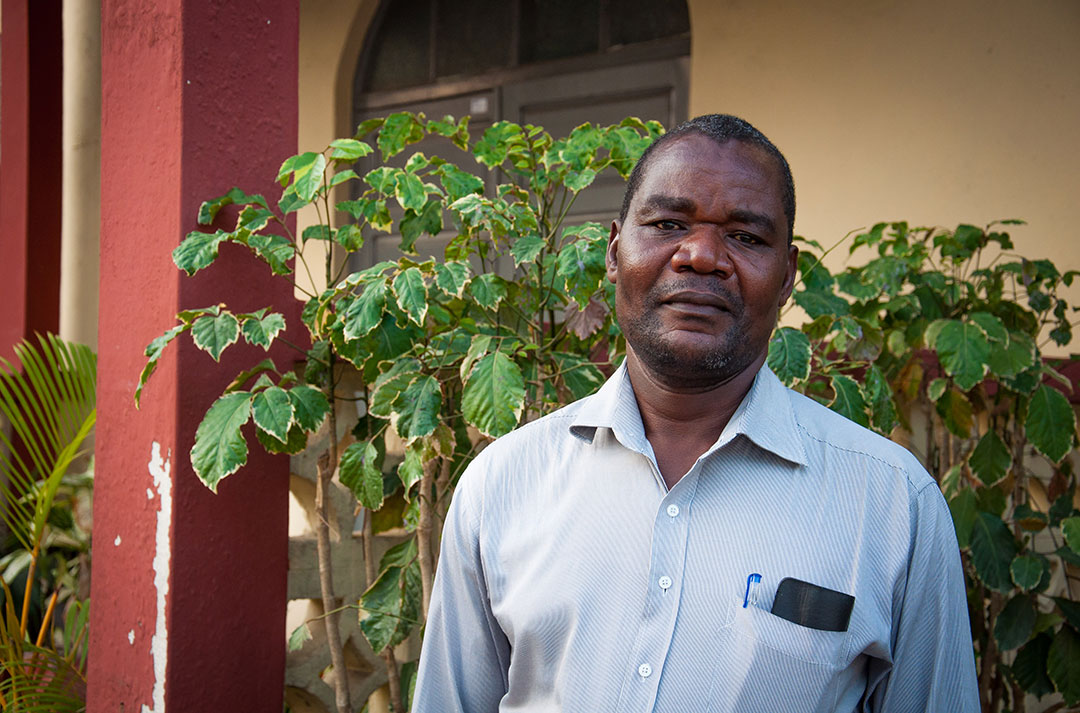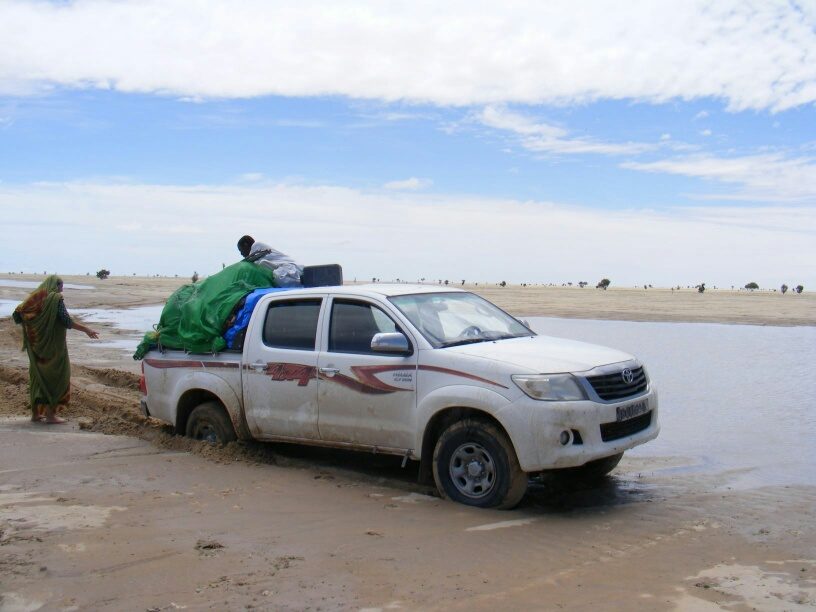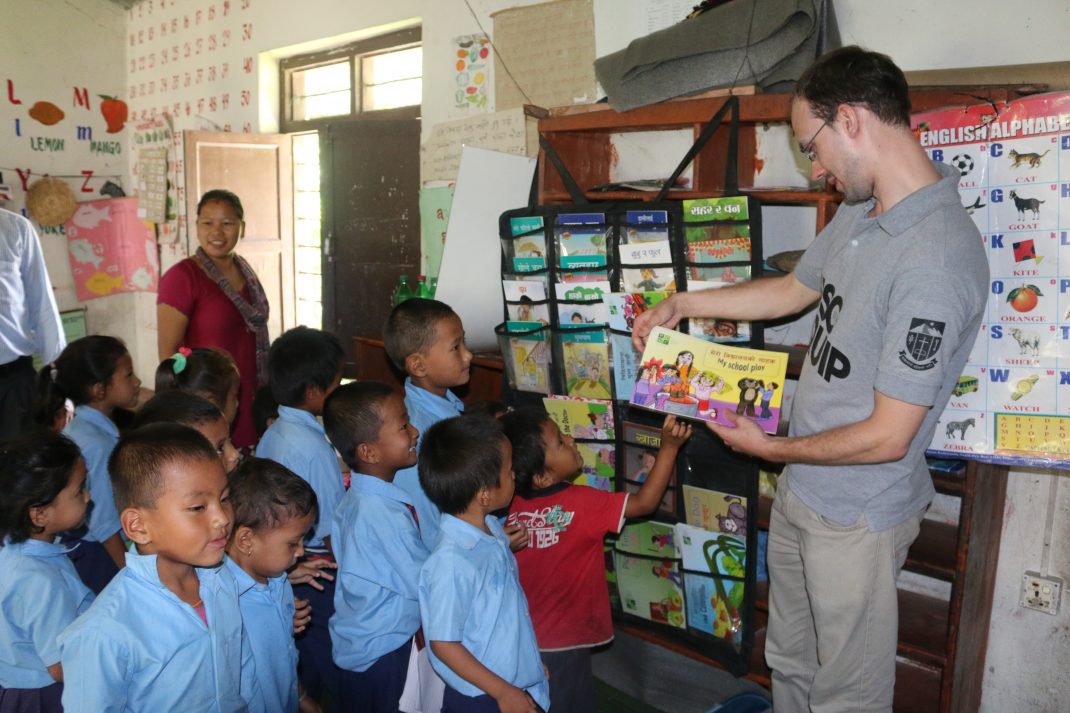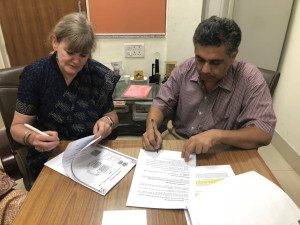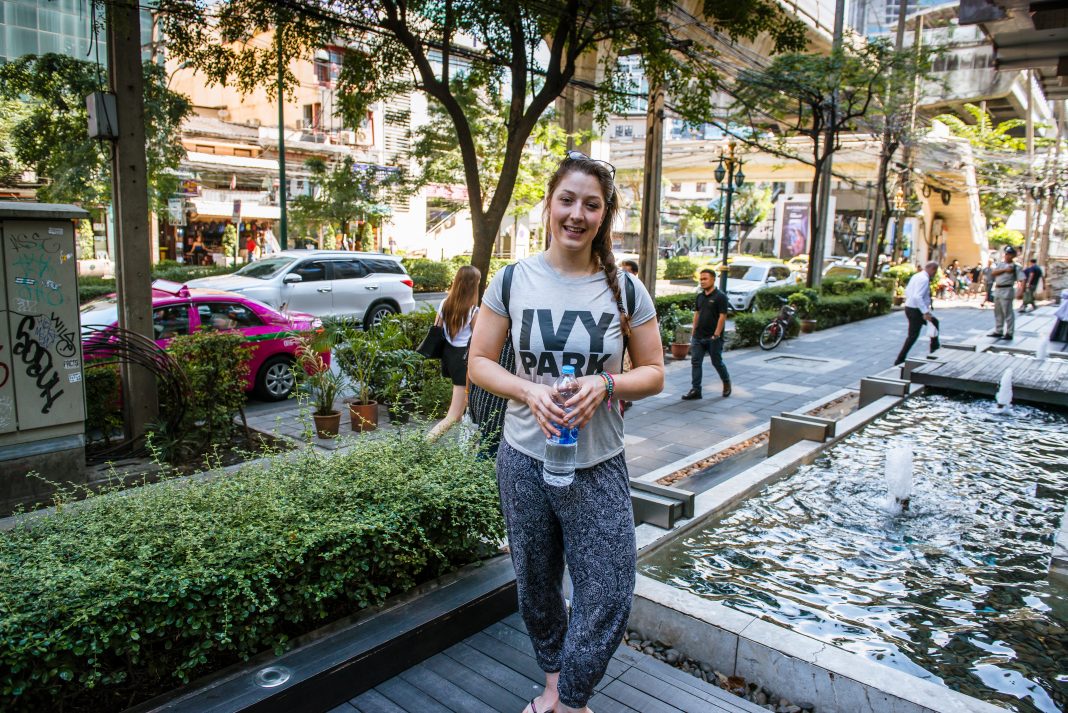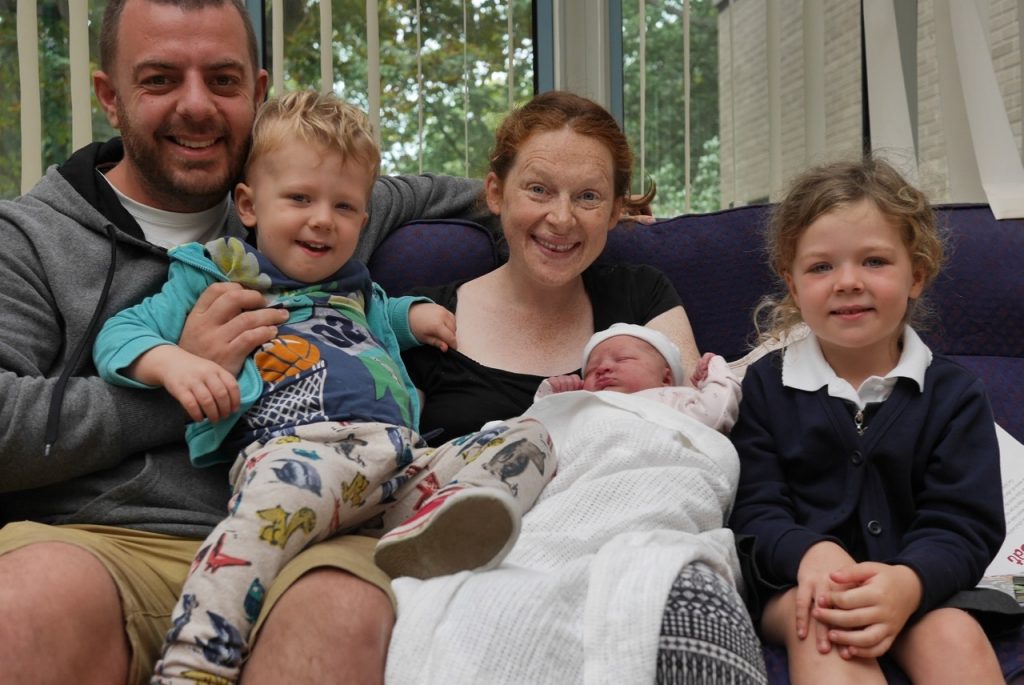Bardaï Hospital appeal
Bardaï Hospital appeal
Help get life-saving healthcare to people in Chad
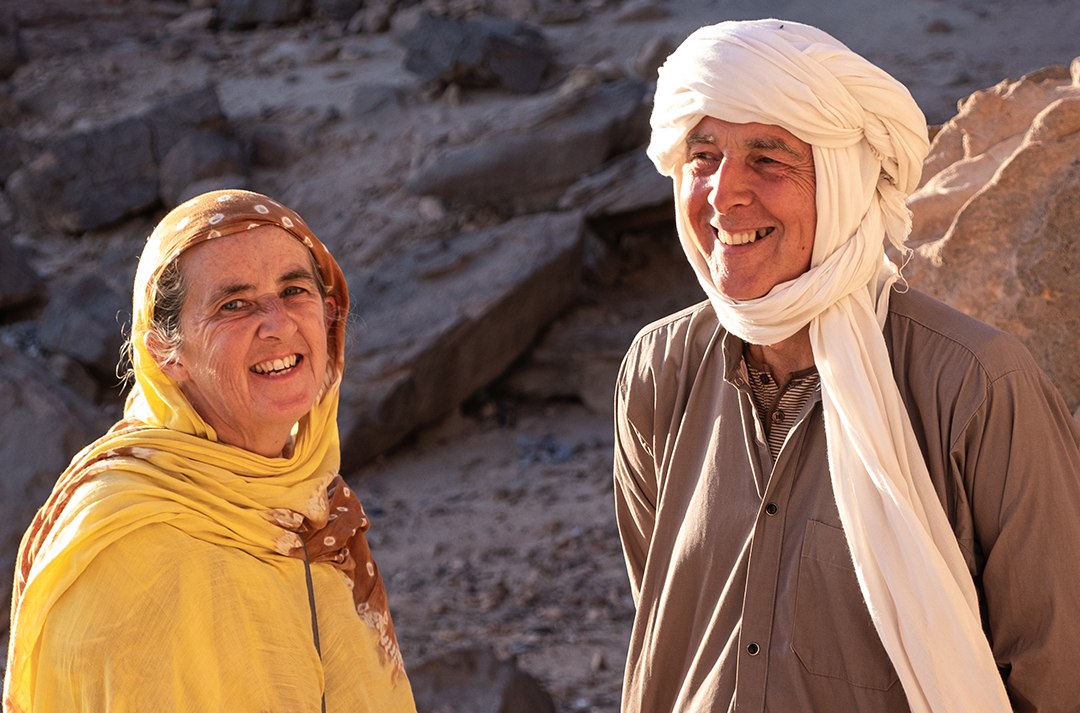
Benjamin's life could have been destroyed without Bardaï hospital.
Benjamin was in terrible pain when he first went to Bardaï hospital: what was a minor infection at first had caused his arm to swell to twice its size and lose half its skin.
Can you imagine how frightened you’d feel, seeing your body change beyond recognition, knowing there’s no way you can work or earn money for your family while feeling so ill? And then there’s the stress of knowing that if you can’t work, there’s no way you can afford hospital treatment to get better.
It’s a terrible catch-22 that BMS World Mission workers Andrea and Mark Hotchkin have seen time and again over the last 13 years they’ve been working as doctors in Chad. But your generosity could change everything for people like Benjamin.
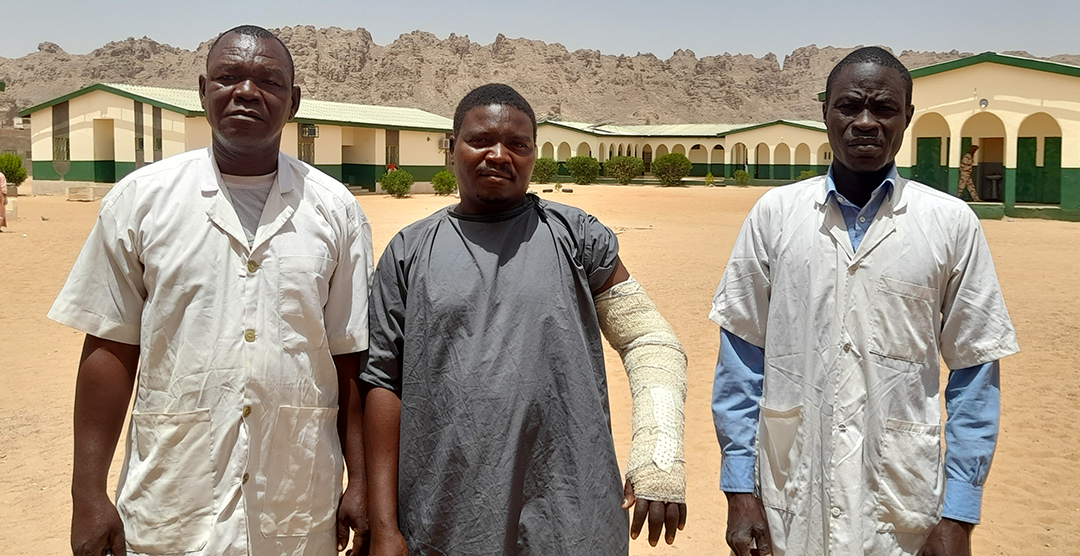
- Your £14 could provide specialist equipment like oxygen masks and drip sets to treat two children suffering from respiratory illnesses.
- Your £25 could cover the cost of treatment for one person, so they don’t have to choose between caring for their family or losing their life.
- Your £92 could cover the cost of one day of Andrea and Mark Hotchkin’s work providing life-saving healthcare in the Chadian desert.
Benjamin is just one of the many different patients Andrea and Mark and the team at Bardaï hospital treat every day. Your help is desperately needed to heal children with pneumonia who’ve travelled for over 100 miles across scorching desert with their families, to help people who’ve suffered brutal accidents while working on treacherous gold fields, to assist expectant mothers and, in one of the harshest environments on earth, to welcome new life into the world.
Because Bardaï hospital was there, Benjamin received emergency medical care and skin grafts, and will thankfully be able to return to work soon. Even better, the hospital was able to cover the cost of his treatment, meaning Benjamin has enough money to keep his family fed until he’s well enough to go back to work.
We’re sure that after the last few years, you’re keenly aware of how crucial accessible healthcare is. If you can give today, you can make sure this hospital can keep helping people who can’t carry the financial burden of their treatment.
Andrea and Mark Hotchkin

Ready to give?
Your gift will help provide life-saving healthcare for the people of Bardaï, Chad.
If our appeal target is exceeded, additional funds will support work in the world’s most marginalised countries, based on where the need is greatest.




